IRCTC Discontinues Delay Compensation for Private Train Passengers,Revealed by RTI
Updated on : 26 December, 2024
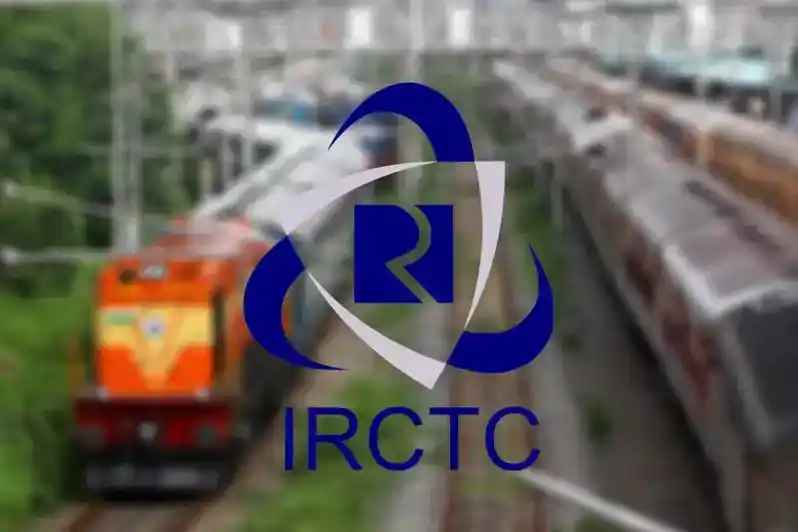
Image Source: Mathrubhumi.com
The Indian Railway Catering and Tourism Corporation (IRCTC) has recently made headlines with its decision to discontinue the compensation scheme for delays in private trains, effective February 15, 2024. This revelation emerged from a Right to Information (RTI) request filed by the news agency PTI. The scheme, which had been in place since 2019, was primarily designed to enhance passenger confidence in private train services, particularly the Tejas Express.
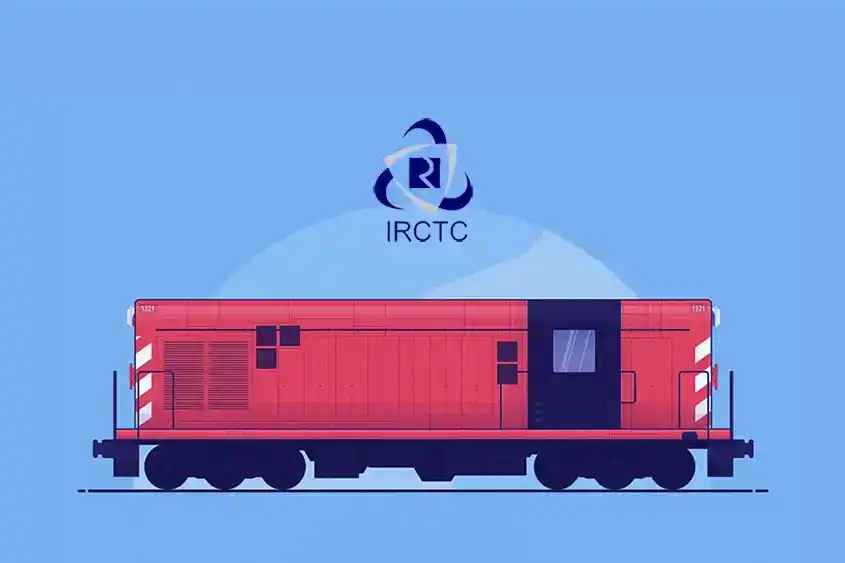
Image Source: Finshots
The Role of IRCTC
IRCTC was established by the Ministry of Railways in 1999 to manage catering and tourism activities for Indian Railways. Over the years, it has expanded its operations to include ticket booking services and the management of private trains. The introduction of private trains was part of a broader initiative to modernize Indian Railways and improve service quality.
The Emergence of Private Trains
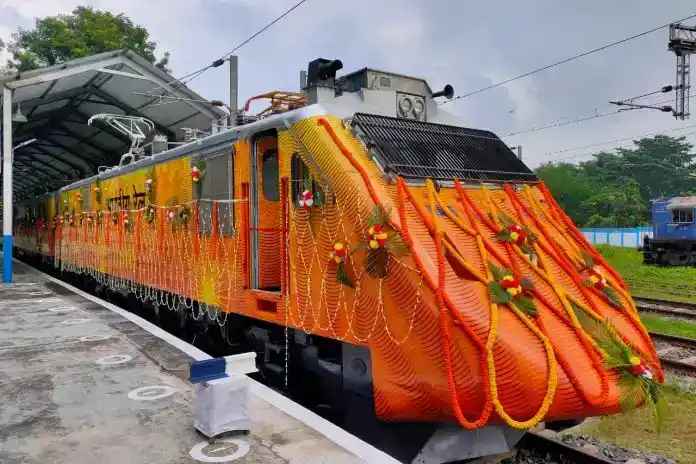
Image Source: NDTV
The Indian government initiated the privatization of train operations as part of its efforts to enhance efficiency and service quality. The first private train service, the Tejas Express, began operations in October 2019.
Features of Private Train Services
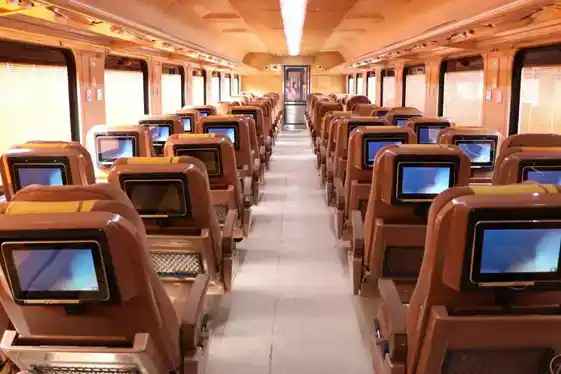
Image Source: Metrorailnews
Private train services were designed to stand out with their unique offerings:
-
Punctuality: A commitment to timely departures and arrivals.
-
Modern Amenities: Features like Wi-Fi, entertainment systems, and better seating.
-
Onboard Catering: High-quality meals included in the ticket price.
-
Customer Support: Dedicated staff to address passenger needs.
-
Compensation Schemes: Assurance of financial compensation for delays, a rare initiative in Indian rail travel.
The Compensation Scheme
The compensation scheme introduced by IRCTC was a strategic move to attract passengers to private trains. Under this scheme:
-
Compensation Rates: Passengers were entitled to ₹100 for delays between 60 to 120 minutes and ₹250 for delays between 120 to 240 minutes.
-
Cancellation Policy: In cases of train cancellations, passengers received a full refund along with food and drink provisions during delays.
-
Financial Impact: From October 2019 to February 2024, IRCTC paid out approximately ₹26 lakh in compensation. Notably, ₹15.65 lakh was compensated in the fiscal year 2023-24 alone.
This scheme not only aimed to enhance customer satisfaction but also served as a marketing tool to promote private train services amidst competition from traditional rail services.
The Discontinuation of the Compensation Scheme
On December 24, 2024, it was confirmed that the Indian Railway Catering and Tourism Corporation (IRCTC) would cease its compensation scheme for delayed private trains, effective February 15, 2024.
This decision has sparked considerable debate and concern among passengers, industry experts, and stakeholders in the railway sector.
The compensation scheme was initially introduced to instill confidence in private train services and ensure accountability for delays. Its discontinuation raises several important questions regarding passenger rights, service reliability, and the future of private train operations in India.
Reasons Behind the Decision
While IRCTC has not publicly disclosed specific reasons for discontinuing the compensation scheme—citing confidentiality—several factors may have influenced this decision:
-
Reduction in Claims: The number of claims for compensation had been declining over recent years. For instance, only ₹1.78 lakh was paid out in 2019-20, with zero claims in 2020-21 due to pandemic-related disruptions.
-
Cost-Cutting Measures: As part of an ongoing review of passenger services, IRCTC may be looking at cost-saving measures that could include eliminating compensation schemes that are no longer deemed necessary.
-
Market Dynamics: With an evolving market for private train services, IRCTC might be reassessing its strategies to attract passengers without relying on compensation incentives.
-
Operational Challenges: Managing compensation claims can be administratively burdensome; streamlining operations could be a motive behind this decision.
-
Financial Viability: As private train operations are expected to become more commercially viable over time, IRCTC might believe that compensatory measures are no longer necessary for maintaining passenger interest.
Implications for Passengers
The discontinuation of this compensation scheme carries several implications for passengers who utilize private train services:
- Decreased Confidence:
- One immediate effect is likely to be a decrease in passenger confidence regarding the reliability of private trains. Without the safety net of compensation for delays, travelers may feel less secure about their travel plans.
- Impact on Patronage:
- The attractiveness of private train services could diminish if passengers perceive a lack of accountability regarding service reliability. This might lead some travelers to revert back to traditional rail services that still offer compensatory measures.
- Potential Legal Challenges:
- Passengers may explore legal avenues if they believe their rights are being compromised by this policy change. Consumer rights advocates might also raise concerns about fairness and accountability in service delivery.
- Shift in Passenger Preferences:
- Travelers might gravitate towards more reliable alternatives or consider other modes of transportation altogether if they feel that private trains no longer meet their expectations for service quality and reliability.
-
Perception of Service Quality: The absence of a compensation mechanism may lead passengers to question the overall quality and reliability of private train services. If delays occur frequently without recourse, it could tarnish the reputation of these services.
-
Increased Scrutiny from Regulatory Bodies:
- Regulatory authorities may begin to scrutinize private train operations more closely if there is a perception that service standards are slipping due to the lack of compensatory measures.
Future of Passenger Satisfaction Measures
With the discontinuation of the compensation scheme, IRCTC faces challenges in maintaining high levels of passenger satisfaction. It is crucial for the corporation to explore alternative strategies that can uphold service quality and customer trust.
- Enhanced Communication:
- Clear communication regarding delays and operational challenges will be crucial in managing passenger expectations. Providing real-time updates through mobile apps or SMS alerts can help mitigate dissatisfaction among travelers.
- Focus on Reliability:
- Improving operational efficiency should be a priority for IRCTC and private train operators alike. Investing in better scheduling practices and maintenance can help minimize delays and enhance overall service quality.
- Customer Engagement:
- Establishing robust feedback mechanisms will allow passengers to voice their concerns and experiences directly to IRCTC. Regular surveys and focus groups can provide valuable insights into passenger needs and preferences.
- Alternative Incentives:
- Instead of direct compensation for delays, introducing loyalty programs or discounts for frequent travelers could encourage patronage without financial liabilities associated with delays.
- Monitoring Performance Metrics:
- Regularly publishing performance metrics related to punctuality and customer satisfaction can build trust among passengers while demonstrating IRCTC's commitment to improving service quality.
Broader Implications for Indian Railways
Impact on Traditional Rail Services
The shift away from compensatory measures for private trains could have broader implications for traditional rail services as well:
- Competitive Pressure:
-
Traditional railway services may feel pressured to enhance their offerings if they wish to retain customers who might consider switching to private alternatives.
-
This could lead to improvements across the board as both sectors strive for better service quality.
- Policy Re-evaluation:
-
The discontinuation might prompt policymakers within Indian Railways to reevaluate existing policies regarding customer rights and compensatory frameworks.
-
A unified approach towards customer satisfaction across both public and private sectors could emerge as a response.
- Cross-Promotion Opportunities:
- Traditional railways could leverage partnerships with private operators for promotional offers or joint ticketing systems that benefit both parties while enhancing customer choice.
Future Trends in Train Operations
As India moves toward modernization within its rail network, several trends are likely to shape future operations:
- Technological Integration:
-
Increased use of technology will play a crucial role in enhancing operational efficiency and customer experience.
-
Smart ticketing systems, real-time tracking apps, and AI-driven customer support systems are just some examples where technology can bridge gaps left by discontinued policies.
- Sustainability Initiatives:
-
As environmental concerns grow globally, there is likely an increasing push towards sustainable practices within railway operations.
-
Private train operators could lead initiatives focusing on energy efficiency and reduced carbon footprints through electric engines or biofuel usage.
- Public-Private Partnerships (PPP):
-
The future may see more collaborations between public entities like Indian Railways and private operators aimed at improving overall service delivery while balancing profitability with public interest.
-
PPPs could facilitate shared investments in infrastructure improvements that benefit all stakeholders involved.
- Customer-Centric Innovations:
-
Innovations focused on enhancing customer experience—such as personalized travel plans or enhanced onboard connectivity—will become essential as competition heats up between public and private sectors.
-
Developing unique travel experiences tailored around cultural themes or regional attractions could set operators apart from one another.
- Dynamic Pricing Models:
- Implementing dynamic pricing based on demand fluctuations may help optimize revenues while ensuring affordability during off-peak seasons.
- Transparent pricing models will be crucial as they directly impact consumer trust when compared against competitors' offerings.
- Health & Safety Protocols Post-Pandemic:
-
Ongoing health concerns stemming from COVID-19 will continue influencing operational protocols within both public and private sectors.
-
Ensuring cleanliness standards through regular sanitization schedules will remain critical in maintaining traveler confidence moving forward.
Analyzing Passenger Sentiments Towards Private Train Services
Understanding Passenger Needs
To effectively address passenger sentiments regarding changes like those introduced by IRCTC's discontinuation of compensation schemes requires understanding what travelers value most:
- Reliability & Punctuality
Timeliness is often cited as one of the most critical factors influencing traveler choices when selecting transportation modes; thus any perception that reliability is compromised due solely due financial incentives being removed must be actively managed through transparent communication strategies detailing operational improvements being undertaken by operators themselves.
- Quality Service Delivery
High-quality onboard experiences—including cleanliness standards maintained throughout journeys—are essential components contributing towards overall satisfaction levels amongst customers using these services regularly; thus ongoing training programs focused upon enhancing staff interactions alongside maintaining physical environments should remain priorities moving forward regardless if direct compensations exist anymore or not!
- Affordability
While premium offerings are attractive features associated with luxury travel experiences provided via privatized options such as Tejas Express; affordability remains paramount especially among middle-class demographics who constitute large segments utilizing public transport systems regularly; thus ensuring competitive pricing structures remain vital alongside offering value-added perks without compromising core service elements!
- Safety & Security
Passengers seek assurance regarding their safety during travels—especially post-pandemic where health-related concerns dominate discussions surrounding transport modes; thus implementing stringent health protocols alongside visible security measures must become integral aspects shaping perceptions around safety within both public/private sectors alike!
Engaging Passengers Through Feedback Mechanisms
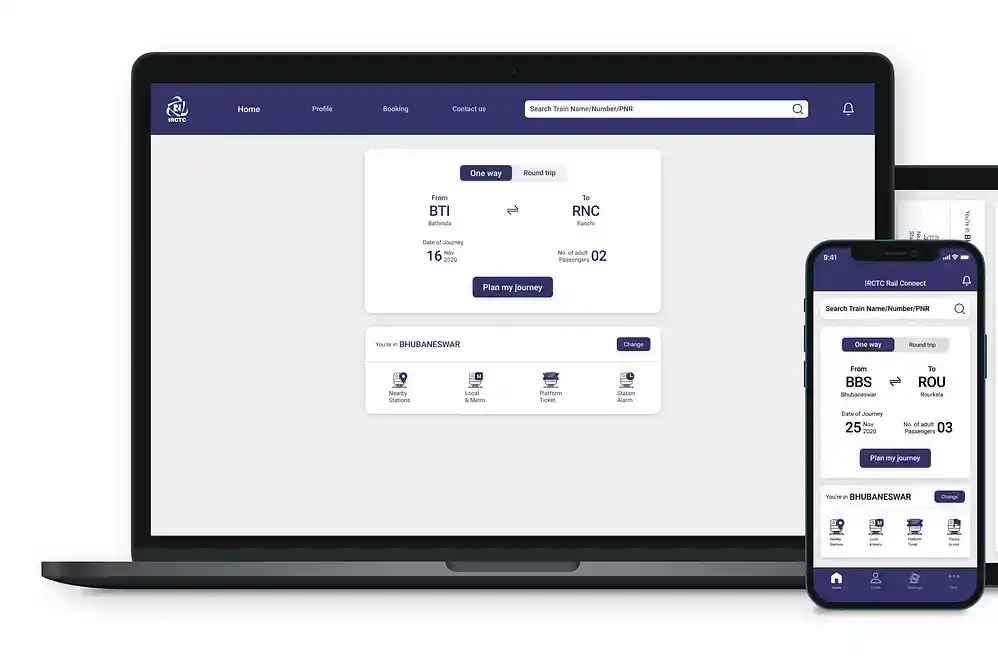
Image Source: Miro.medium.com
To effectively gauge evolving sentiments amongst users requires establishing robust feedback mechanisms allowing them opportunities share thoughts openly regarding experiences encountered during travels:
- Regular Surveys
Conducting periodic surveys targeting diverse demographics ensures insights gained reflect varying perspectives held amongst different traveler groups; thus enabling tailored responses addressing specific needs highlighted!
- Social Media Engagement
Leveraging platforms like Twitter/Facebook allows operators engage directly with customers sharing feedback publicly; fostering transparency while building rapport amongst users who appreciate timely responses addressing concerns raised!
- Focus Groups
Organizing focus groups comprising frequent travelers provides deeper insights into nuanced preferences held amongst various segments; thereby enabling operators tailor offerings accordingly based upon direct input received!
- Incentivizing Feedback
Offering small incentives (e.g., discount vouchers) encourages participation rates during surveys/feedback sessions ensuring higher volumes data collected ultimately leading towards actionable insights derived thereafter!
Conclusion
The discontinuation of the compensation scheme for delayed private trains represents a significant shift in IRCTC's approach to customer service within India's railway system. While financial considerations may have influenced this decision, it raises important questions about passenger rights and satisfaction moving forward.
As IRCTC navigates this new landscape without compensatory measures, it will be essential to implement alternative strategies that prioritize passenger experience and ensure trust in private train services remains intact. The future success of these services will depend on how effectively IRCTC adapts its strategies to meet evolving passenger expectations while maintaining high standards of reliability and quality.







